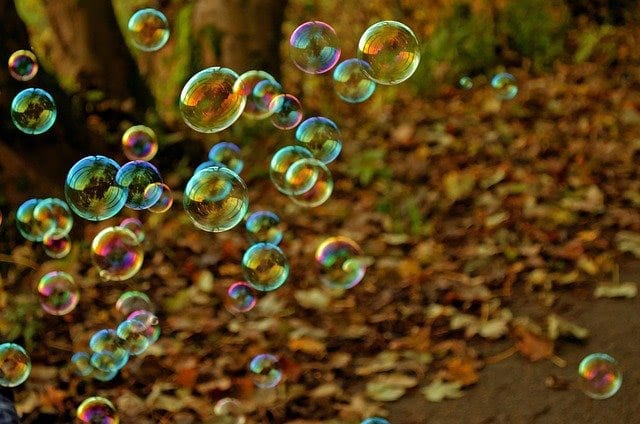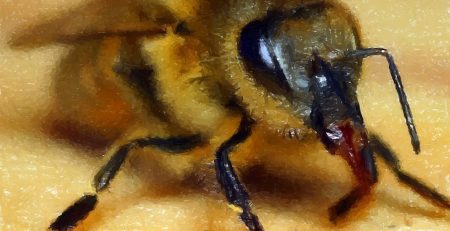Scientists Develop Drone to Assist with Pollination
Pollination is critical to the life cycle of flowering plants, and as the number of pollinators has declined globally, scientists have been looking for alternative options. Researchers from the Japan Advanced Institute of Science and Technology in Nomi believe they’ve found a solution, IFLScience reports – pollen-charged soap bubbles.
“It sounds somewhat like fantasy, but the functional soap bubble allows effective pollination and assures that the quality of fruits is the same as with conventional pollination,” senior author Eijiro Miyako said in a statement. “In comparison with other types of remote pollination, functional soap bubbles have innovative potentiality and unique properties, such as effective and convenient delivery of pollen grains to targeted flowers and high flexibility to avoid damaging them.”
Miyako and his colleagues had been working on developing a tiny drone capable of pollinating flowers, but unfortunately, the drone destroyed the flowers as it flew into them. When taking a break from attempting to solve this problem, Miyako was inspired to develop this solution when playing with bubbles with his son. Miyako and his team then settled into the task of developing the best pollen and bubble solution recipe to promote pollen germination and growth.
Using an autonomous, GPS-controlled drone, Miyako and his coauthor took to a pear orchard and found that, from a height of two meters, they were able to hit their targets at a 90% success rate when the machine moved at a velocity of two meters per second.
While this solution is promising, there are still a few kinks that need to be worked out. Raindrops can wash away the pollen-bearing bubbles from flowers and strong winds can prohibit them from reaching their targets. “I believe that further innovative technologies, such as state-of-the-art localization and mapping, visual perception, path planning, motion control, and manipulation techniques would be essential for developing autonomous precision robotic pollination on a large scale,” Miyako said.














